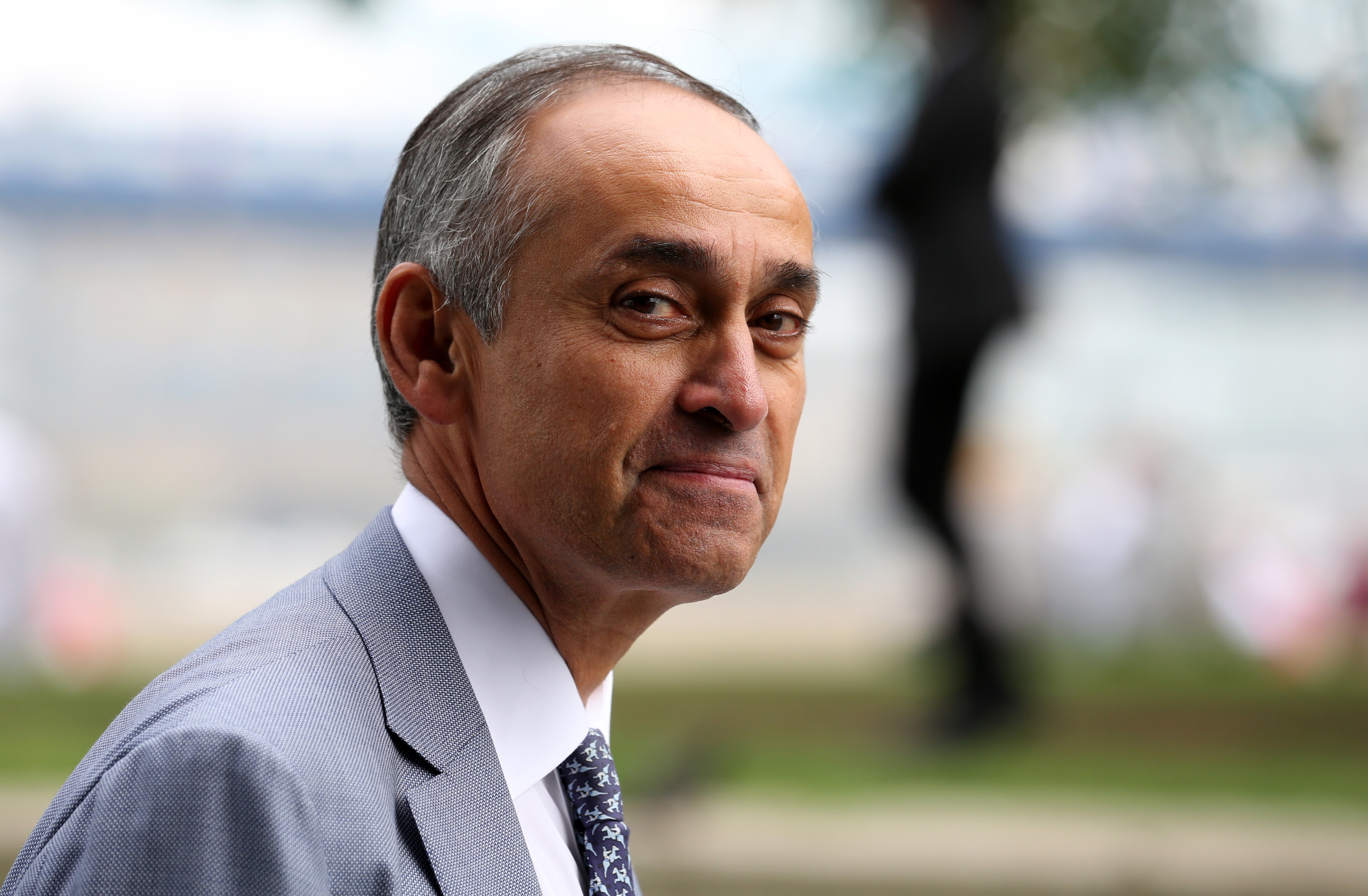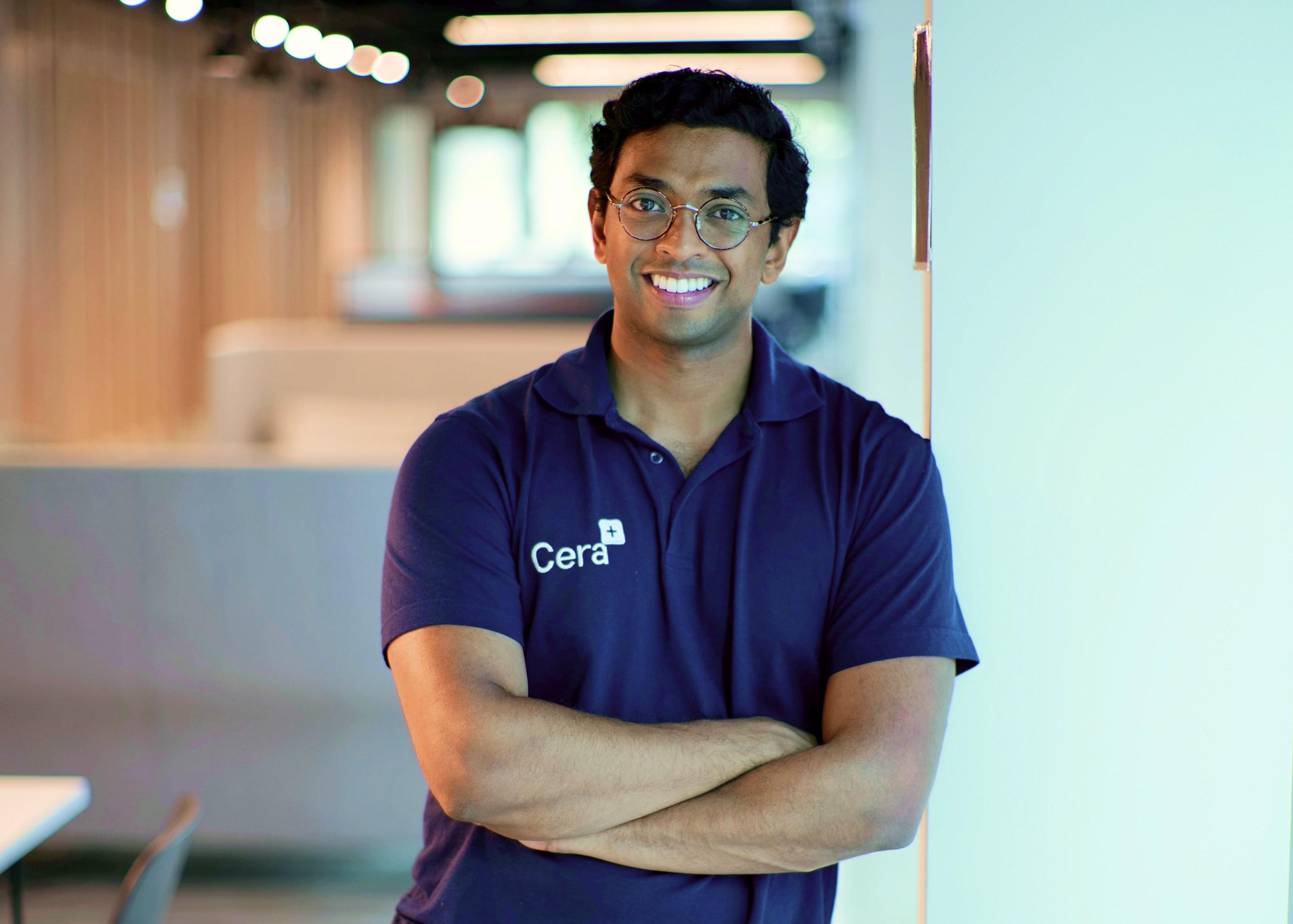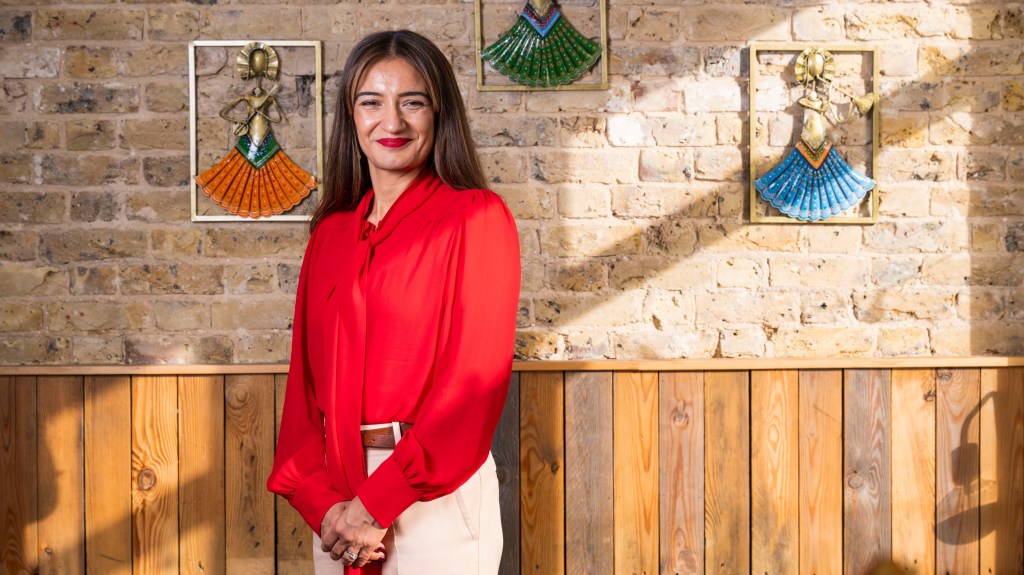Tech Entrepreneurs Stepping Up to Transform the NHS
As the NHS struggles to cope, could technology entrepreneurs be the key to its revival? This is the government’s hope, especially after Lord Darzi of Denham’s recent assessment that the healthcare system is in “critical condition.” In response, Sir Keir Starmer has called for a transition “from an analogue to a digital NHS.”
Healthcare professionals may feel that they’ve heard this narrative before. A decade ago, then-health secretary Jeremy Hunt committed to a fully paperless NHS by 2018, a goal that has yet to be realized. According to the British Medical Journal, approximately three-quarters of England’s healthcare trusts continue to depend on paper patient records and drug charts.
However, a growing group of current and former NHS employees are harnessing their expertise to infuse innovation into the health sector through technology.
“There’s a long road ahead,” asserts Benyamin Deldar, a junior doctor who completed his final NHS shift this year. He now concentrates on Deep Medical, the AI-driven appointment scheduling startup he co-founded with data scientist David Hanbury in 2021. “Paper prescribing remains prevalent in the NHS; discharge letters are often handwritten,” he notes. “I haven’t encountered any fax machines lately, but pagers are still very much in use.”

Deep Medical’s platform utilizes AI to address the annual 12 million missed appointments in the NHS. By leveraging algorithms and anonymized data, the system generates personalized patient profiles that help clinics operate closer to their full potential, factoring in traffic, weather, and alternative transportation arrangements.
“For instance, an elderly person who relies on public transport wouldn’t be able to make an 8:30 AM appointment,” Deldar explains. “Every patient has a unique risk profile and method of communication, be it via WhatsApp, a phone call, or a letter. We might issue four reminders or book an Uber for those facing transport issues. Every missed appointment costs the NHS approximately £165, so the potential savings could be enormous.”
In a trial with the Mid and South Essex NHS Foundation Trust, Deep Medical observed a nearly one-third reduction in appointment no-shows over a six-month period. The trust estimates that it could save £27.5 million annually with the service, which charges between 30p and 40p per booking. With $3.2 million in funding and a projected £6.5 million turnover for 2025, Deep Medical has secured partnerships with ten more trusts, although Deldar acknowledges that working with the NHS can be complex.
“The top priority for the NHS’s digitization is something rather mundane—supply chain and procurement,” he points out. “Whenever we engage with a new hospital, we must demonstrate compliance with NHS digital governance, which can take six months, even if we’ve just completed the process at a nearby facility. Why should procurement and governance be treated differently across 250 NHS trusts? We need to dismantle bureaucratic hurdles so that effective digital innovations can be implemented swiftly when they work.”
Rachael Grimaldi, an anaesthetist, experienced significantly less resistance when launching her medical technology startup, largely due to the unique circumstances brought about by the pandemic. While on maternity leave in the U.S., she and her husband Tim found themselves isolated as Covid struck. Grimaldi felt helpless as her peers faced the frontline battle.
“Then I encountered an article about a frightened patient who couldn’t communicate with healthcare staff due to PPE,” Grimaldi recalls. “Emergency workers were jotting down notes on scraps of paper, shouting instructions at patients, or providing care without ensuring understanding or consent.”
In response, the couple developed CardMedic, an application that offers a library of simple scripts for common clinical tasks, such as taking medical histories and explaining procedures without technical jargon. Within three weeks of launching, CardMedic attracted 8,000 users across 50 countries. It is currently utilized in 30 NHS hospitals and in the U.S., with the capability to translate into 50 languages, including sign language.
The advantages extend beyond the pandemic period. Grimaldi highlights, “Patients with communication challenges endure significant health disparities—higher mortality rates, prolonged hospital stays, and increased readmission rates.”
Anaesthetics are a fertile ground for entrepreneurship; Tara Rampal, a professor in the same field as Grimaldi, launched Quest Prehab last year, an online platform aimed at enhancing patients’ mental and physical health before treatments. Inspired by a family member’s cancer diagnosis, which revealed a decline in quality of life due to treatment, Rampal created a digital initiative that “helps individuals build resilience prior to surgery or cancer treatment, thereby speeding up recovery.”
To date, Quest Prehab has assisted 1,500 NHS cancer patients by providing access to virtual classes in yoga and tai chi, as well as support for mental coping skills. A study involving bowel cancer patients showed that participants in Rampal’s program were 60% less likely to experience surgical complications requiring hospital readmission within 90 days. Given that hospital readmissions cost the NHS £1.6 billion annually, the potential financial and clinical benefits are significant.
Rampal, who works part-time at Princess Royal University Hospital in Bromley, London, believes that the digital nature of Quest Prehab could vitalize healthcare delivery. “This approach could alleviate pressure on valuable healthcare resources—not just finances but also staff availability and physical space in hospitals—which is crucial for those who genuinely require in-person care.”
According to Rampal, the Darzi report has invigorated NHS tech entrepreneurs. “It sends a strong message about our capabilities. With the government embracing the potential for digital transformation in healthcare, we are on the brink of a revolution.”
Ali Haddad, a neurosurgeon at Imperial College Healthcare NHS Trust, shares similar optimism. Like Deldar and Grimaldi, he participated in the NHS clinical entrepreneur program, which empowers healthcare professionals to pursue entrepreneurial ambitions during their clinical training.
This motivated Haddad to develop XARlabs, a video-assisted augmented reality solution that converts traditional 2D medical images into interactive 3D representations. Already operational at Imperial, XARlabs also facilitates remote collaboration, allowing surgeons worldwide to consult on procedures. Recently, it was employed by British neurosurgeons in Turkey to perform surgery on conjoined twins.
“Incorporating mixed reality technology into surgical planning holds the promise of enhancing efficiency and containing costs,” Haddad explains. “Surgeons frequently rely on flat CT or MRI scans for complex surgeries, which lack the necessary depth for precise planning. By improving spatial awareness and accuracy through mixed reality, we may reduce operation durations and minimize complications—small reductions, like a 5 to 15 percent decrease in surgical time, can dramatically enhance operational efficiency.”
While traditional surgical laboratories and plastinated models can exceed £1 million annually in costs, augmented reality tools are significantly more affordable. However, successful integration, Haddad acknowledges, “depends on providing healthcare providers with the necessary resources and training for seamless adoption.”

Cera, one of the UK’s leading health technology companies, excels at navigating NHS and social care financing. Established by Ben Maruthappu in 2016, it leverages AI technology to enhance efficiency in at-home care. Cera’s caregivers log patients’ updates via an app, utilizing machine learning to identify concerning trends for preventative care. The company asserts that this approach reduces hospitalization rates by enabling proactive care at home.
Currently serving two million patients in their homes each month, Cera boasts revenues of £225 million last year, claiming its scale rivals that of all the UK’s accident and emergency services departments. Maruthappu attributes their effectiveness to a consumer-oriented approach in product design. “We ensure our offerings are intuitive—similar to how one utilizes WhatsApp or Deliveroo. The NHS must adopt this philosophy; cumbersome technologies hinder healthcare professionals’ daily operations.”
Maruthappu advocates for the NHS to embrace AI—not just for the complex ideas like AI-led diagnostics, but for streamlining fundamental tasks. “At Cera, AI automates administrative duties—billing, scheduling, and care plan development—allowing staff to devote more time to patient care. The NHS should pursue a similar strategy, empowering healthcare workers and improving efficiency.”
Maruthappu believes that the NHS’s shift towards digital solutions could drive its recovery. “The timing is crucial,” he asserts. “The NHS faces unprecedented challenges—skyrocketing waiting lists, declining staff and public satisfaction, and plummeting productivity levels. We urgently require solutions. Simultaneously, we have a new government keen to transition the NHS from an analogue to a digital framework. There exists a strong desire to implement change.”




Post Comment